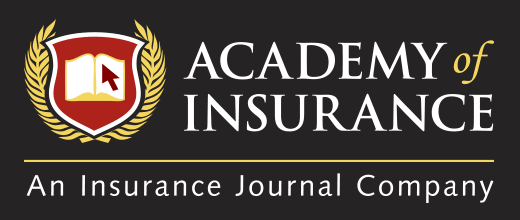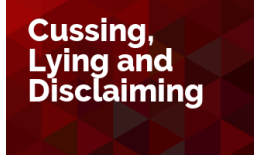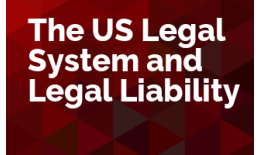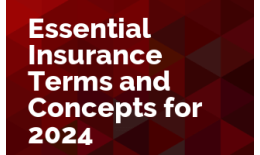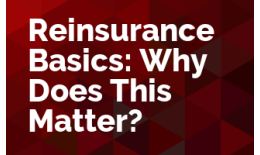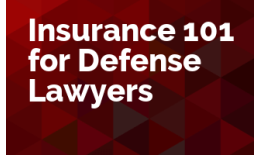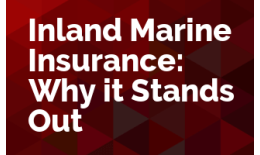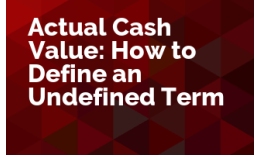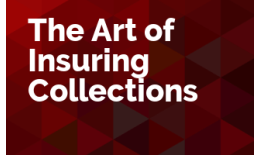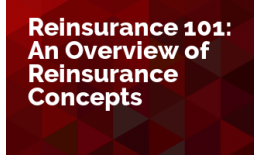Insurance Training Course Catalog
Cussing, Lying and Disclaiming
In his return to the Academy microphone, Chris Boggs brings his new session all about the dirty words that insurance people use, the truth-stretching of applications, and the ubiquity of disclaimers.
The US Legal System and Legal Liability
The legal system is complicated and so is liability. Even the process of discovering who is liable can be complicated.
Join us as Brenda Wells gives us an overview of the US legal system and helps us understand how the law might impose liability.
Essential Insurance Terms and Concepts for 2024
Insurance speaks its own language and people who interact with insurance people need to know and be able to speak that language. If you are new to insurance or you work with insurance people, you need to set aside an hour for this session. We will discuss several terms and concepts that will help you understand your colleagues. Join us as Academy Director of Education, Patrick Wraight brings this newly updated session back for 2024.
Reinsurance Basics: Why Does This Matter?
Reinsurance is important because it figures into the insurance company's ability to pay claims and reduce their own risk. Join us as Academy Director of Education, Patrick Wraight brings this session designed to introduce participants to the concept of reinsurance, why insurance companies need it, and what it's there for.
Insurance 101 for Defense Lawyers
Insurance is hard, but when you're a lawyer that is still learning the ins and outs of practicing law and you're set on a case in the insurance world, it's like playing catch up.
Join Fred Fisher as he distills what takes many lawyers years of insurance cases to learn and presents it in a fast one-hour session.
Inland Marine Insurance: Why it Stands Out
Inland marine insurance is a unique line of coverage in that it addresses disparate "classes" of risk, most of them quite different from each other.
This session will review the origins and evolution of inland marine coverage, then describe how it has become one of the most consistently profitable lines of insurance for producers and carriers willing to invest in the expertise required to effectively write coverage and implement loss control in the various classes.
Join us as Joe Harrington helps us to understand one of those lines of business that we deal with, but we don't always get it.
Actual Cash Value: How to Define an Undefined Term
Everyone in insurance knows about actual cash value, right? The term is all over the place and we all think we know what it means, but what does it really mean in practice today? Join us as Crystal Uebelher brings this session and helps us to question what we know and answer the question, what is actual cash value, really?
The Art of Insuring Collections
The world of collectible insurance is bigger today than beanie babies were in the 80's. Join us as Hayden Kopser opens his knowledge collection about collections and how to insure them.
Reinsurance 101: An Overview of Reinsurance Concepts
Reinsurance is a critical part of the insurance landscape. Carriers need reinsurance to have the capacity to write certain risks and maintain a level of stability. Join us as Crystal Uebelher helps us with this primer on the basics of reinsurance.
You Can't Read Insurance Policies Like Anything Else (Spanish)
Insurance policies are hard to read. We all know it and we all act like they aren't, especially when a customer asks us a "simple" question. You can't just grab a policy and start reading page one and read all the way through. It jumps around and you have to know where to jump with it. Join us as Patrick (or Maria, in the Spanish version) brings us top guidelines for how to read an insurance policy and more importantly, the simplest ways to explain the policy to your customers.
